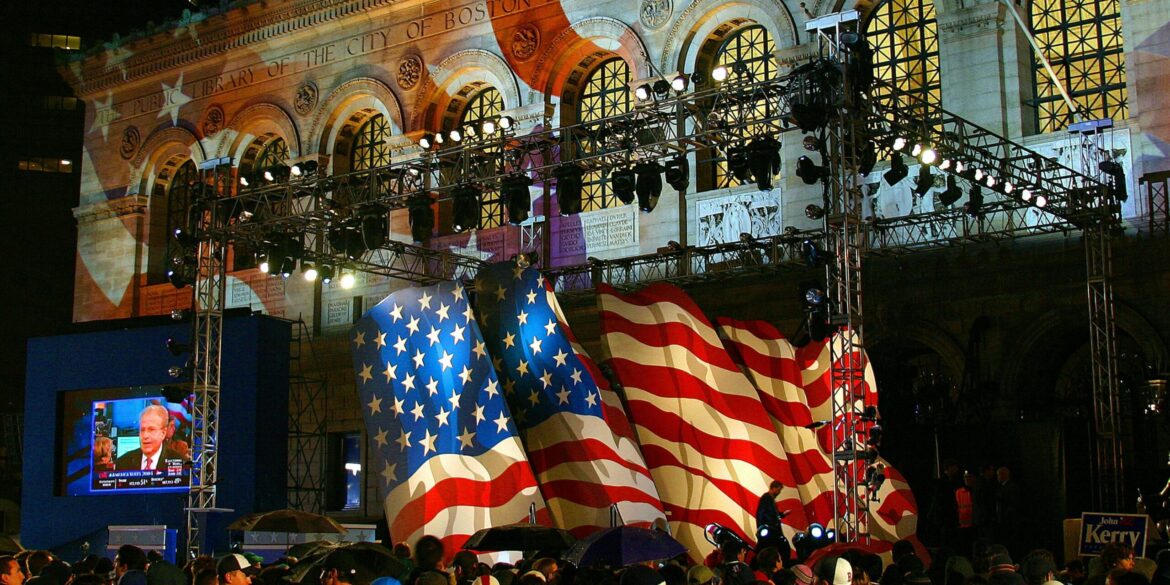Los Angeles came alive with color and culture on September 13 and 14, 2025, as the city hosted the Festival y Desfile de la Independencia de Centroamérica, celebrating the 204th anniversary of Central American independence. The event, held at MacArthur Park and along the bustling streets of Pico and Vermont, was a lively expression of Central American heritage, featuring an array of cultural performances, traditional dances, and an exciting parade that captivated thousands of attendees.
This year’s festival was particularly special, with El Salvador being honored as the guest of honor, reflecting its important role in the region’s independence history. Alongside El Salvador, other Central American countries including Guatemala, Honduras, Nicaragua, Costa Rica, Panama, Belize, and the Dominican Republic participated in the festivities, showcasing the rich cultural diversity of the region. The festival served as an opportunity for these nations to come together, celebrate their shared heritage, and honor their collective history.
The event featured a dynamic program of cultural performances, with music and dance representing the unique traditions of each participating country. Traditional folk dances, vibrant costumes, and live music performances filled the streets, creating a festive atmosphere that resonated with both local residents and visitors. The parade, one of the festival’s highlights, brought together floats, marching bands, and colorful displays that captured the spirit of the region’s independence celebrations.
At the heart of this year’s festival was the theme “¡Ningún ser humano es ilegal en el mundo!” (“No human being is illegal in the world!”), which underscored the event’s focus on unity, inclusion, and cultural pride. This theme resonated deeply with the Central American community in Los Angeles, many of whom are immigrants or descendants of immigrants. It was a powerful reminder of the importance of celebrating both cultural identity and human dignity, regardless of immigration status.
The Festival y Desfile de la Independencia de Centroamérica not only commemorated the historical significance of Central American independence but also highlighted the continued contributions of Central Americans to the social and cultural fabric of Los Angeles. The city’s large and diverse Central American population played a central role in making the event a success, participating in the celebrations with pride and enthusiasm.
As the festival came to a close, it was clear that the event had once again succeeded in bringing people together, fostering a sense of pride in Central American culture, and reinforcing the values of unity and solidarity among different communities. The Festival y Desfile de la Independencia de Centroamérica continues to serve as an important cultural touchstone in Los Angeles, honoring the past while looking forward to a future that celebrates diversity and inclusion.

